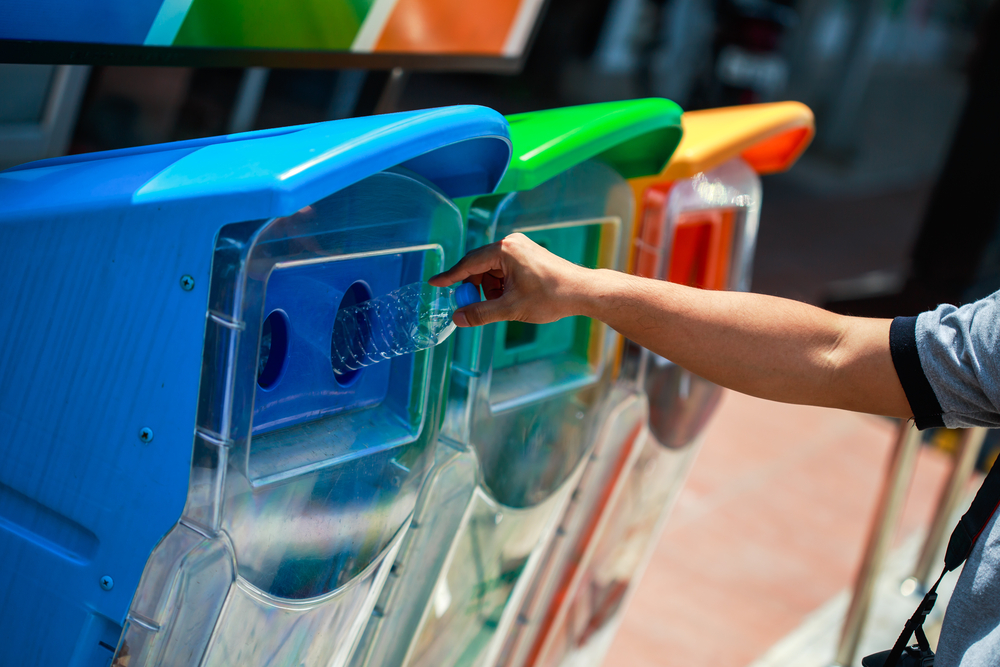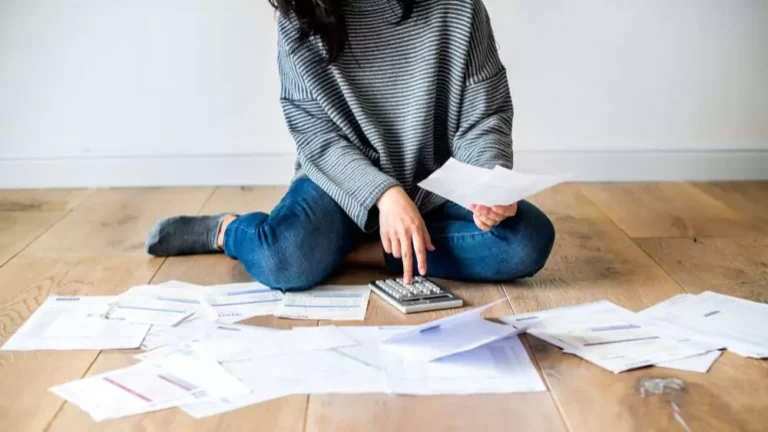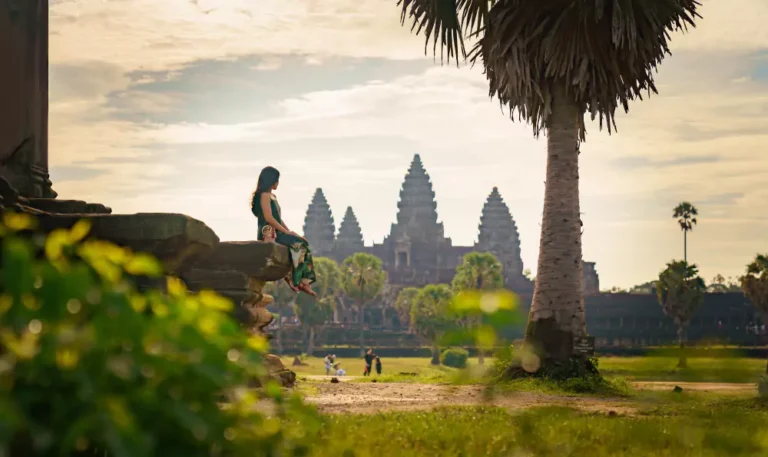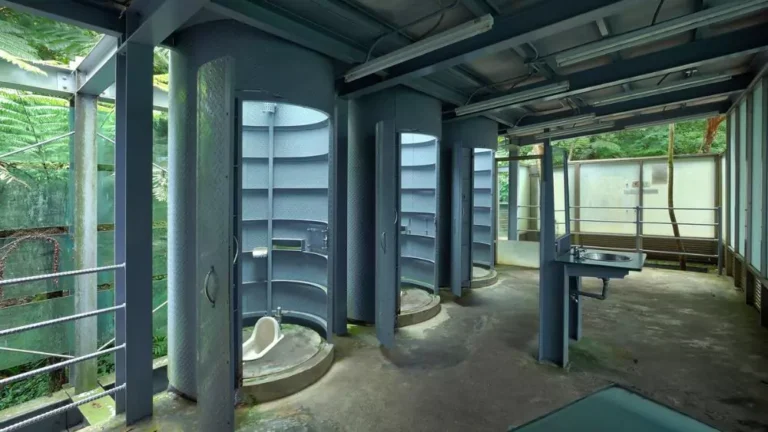From waste to worth: Transforming Southeast Asia’s trash trouble
The region adapted multiple innovations and challenges to push forward on its sustainability journey

The world generated 2.24 billion tons of solid waste in 2020, with around 33 percent not managed properly, and the amount of waste is expected to reach 3.88 billion tons by 2050. According to Ecostar, Asia has faced serious waste problems, including plastic and food waste. The Association of Southeast Asian Nations is implementing “The Regional Actional Plan” to better use, collect and recycle plastics to address the marine plastic debris across the region.
South Korea, Taiwan, Thailand, and India have taken great strides in tackling waste. South Korea recycles 95 percent of its food waste, and Taiwan’s recycling rate was above 50 percent in 2019. Thailand recycles 88.8 percent of its municipal solid waste. In India, almost 40 percent of the food produced is wasted before reaching the consumer.
Mongabay discussed how countries in Southeast Asia, such as Thailand and Indonesia, are increasingly turning to waste-to-energy (WTE) technologies to address their growing waste management problem. Thailand plans to build 79 WTE plants in the upcoming years, with a total installed capacity of 619.28 MW, while Indonesia has at least 17 projects proposed for a total capacity of 134.9 MW.
Related: Urgency of sustainability: Climate champions rouse real estate leaders to act responsibly
WTE has been used by developed countries such as Japan, South Korea, Sweden, Finland, and the United Kingdom to deal with their waste. However, there are concerns about the lack of pollution control and the harmful effects of incineration on local economies and communities in Southeast Asia.
Eco-Business reported that the Plastic Waste to Value Southeast Asia Challenge has been launched by the Incubation Network, the Global Plastic Action Partnership, UpLink by the World Economic Forum and the Alliance to End Plastic Waste to tackle plastic waste mismanagement in Indonesia, the Philippines, Thailand, and Vietnam.
The challenge has revealed five innovators that will be participating in a five-month tailored development programme focused on plastic recycling and upcycling. The selected innovators will receive partnership building opportunities, mentorship, increased visibility, access to networks, and grants to scale their solutions. The plastic waste challenge is committed to supporting innovative solutions that will enhance waste management ecosystems and accelerate the move towards a circular future for plastics.
The Property Report editors wrote this article. For more information, email: [email protected].
Recommended
Meet the architect transforming Asia’s retail spaces with nature-inspired designs
David Buffonge, the cofounder of Hong Kong-based Lead8, has strong opinions on how to improve built environments around Asia
ARES White Paper Volume 3: The era of adaptive reinvention
Pioneering sustainable and innovative practices in urban development
ARES White Paper Volume 2: Unravelling the power of data revolution in real estate
Insights on proptech, smart cities, and sustainable development
ARES Digital White Paper Volume 1: The fundamentals of responsible building
Green and climate heroes join forces to discuss how Asia Pacific can weather the current environmental crises and the looming effects of climate change






